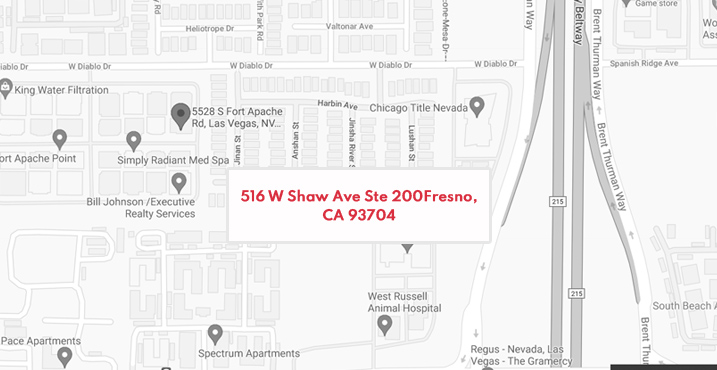Being a stepfather or stepmother may not be easy, but it can forge strong bonds between stepparents and their stepchildren. What happens when a stepparent’s marriage or domestic partnership is facing the end? Does a stepparent have legal rights or duties to maintain their relationship with their stepchildren? If a parent is worried about the ex-spouse’s behavior or influence, do they have to allow visitation?
In California, a stepparent does not necessarily have particular rights or responsibilities towards their stepchildren. Marrying a child’s father or mother does not create any legal relationship with the child. Even so, stepparents have legal options for establishing their rights and places in the lives of the children.
Laws to Secure Stepparents’ Rights in California
Adoption
A stepparent must adopt the stepchild to secure full parental rights and create a legal parent-child relationship. If all parties agree to it, the other natural parent’s rights do not have to be terminated, and the child can have three legal parents. The adoption would not be affected by a subsequent divorce or separation from the child’s natural parent.
An adoption can only proceed if:
- The stepparent’s spouse consents
- The non-custodial parent consents, or
- The non-custodial parent is deceased, has lost parental rights, or has abandoned the child
- The non-custodial parent is unknown
- The child, if aged 12 or older, agrees to the adoption
Unfortunately, when a stepparent’s relationship with the child’s parent has broken down or ended, it is generally too late for the adoption process, as that parent must also consent to it. Furthermore, any married person who seeks to adopt needs their spouse’s consent unless they are legally separated.
Guardianship
This option is only available in extenuating circumstances. Guardianship is a temporary position, although it may last for some time. A court will only appoint a guardian for a minor if neither of the child’s natural parents is able to care for them at the time. Typical reasons for guardianship include the natural parent’s:
- Death
- Incarceration
- Drug addiction
- Physical illness or incapacity
- Mental illness or incapacity
However, the parent may contest a guardianship petition. If a court decides to grant guardianship, the parent has the right to seek an end to the guardianship when they have recovered. A minor over 14 may also petition to end the guardianship. It will terminate by law when the minor reaches 18, unless they consent to its extension to age 21.
Visitation Rights
In California, stepparents may seek visitation rights with a minor child. They do not automatically receive these rights, but a court can grant visitation if it is in the best interests of the child. Cal. Family Code. § 3100. If the court considers it best under the circumstances, it may grant supervised visitation.
In family law, “the best interests of the child” has a particular definition that the court must follow when determining whether to grant custody or visitation. It includes “the health, safety, and welfare of the child,” but it will also take into account:
- The nature and amount of contact with the child
- Allegations of habitual use of drugs or alcohol by the stepparent
- Allegations that the stepparent abused the child, other children in their home, their parent, or any person involved in a dating relationship with them
See Cal. Family Code § 3011.
Allegations by themselves are not necessarily enough to stop a request for visitation. The court may require corroborating evidence, as such claims can be weaponized. Additionally, the law provides that gender identity or sexual orientation cannot be considered as counting against the child’s best interest.
Child Support
Stepparents have few rights in California law, but they also have few responsibilities—at least until they take on those responsibilities. At this time, a natural parent cannot seek child support from a stepparent simply because they were a stepparent.
After adopting a child, however, a stepparent retains all the rights and obligations of any parent, including support. Regardless of adoption, if the stepparent had already agreed to pay certain expenses for the child, they may still be obligated to pay them, depending on the nature of the agreement. In the rare cases where a stepparent has always claimed to be a child’s natural parent and acted as one, that stepparent can also be held responsible for support.
If a natural parent owes child support for one of their own children, a California stepparent may indirectly be required to fund that child support through community property. The stepparent’s earnings are part of the marriage’s community property, and under state law, their spouse has access to those assets.
Navigating Your Family’s Issues
At the Bains Law Offices, we understand the complexities and changes in family relationships. If you are struggling with a custody issue in California, we can help you assert and defend your rights, as well as the rights of the children you love. Contact us at 559-282-8924 to get started with your initial consultation at our Fresno office.









